HMP Dorchester homes: Permission granted to exhume bodies
- Published
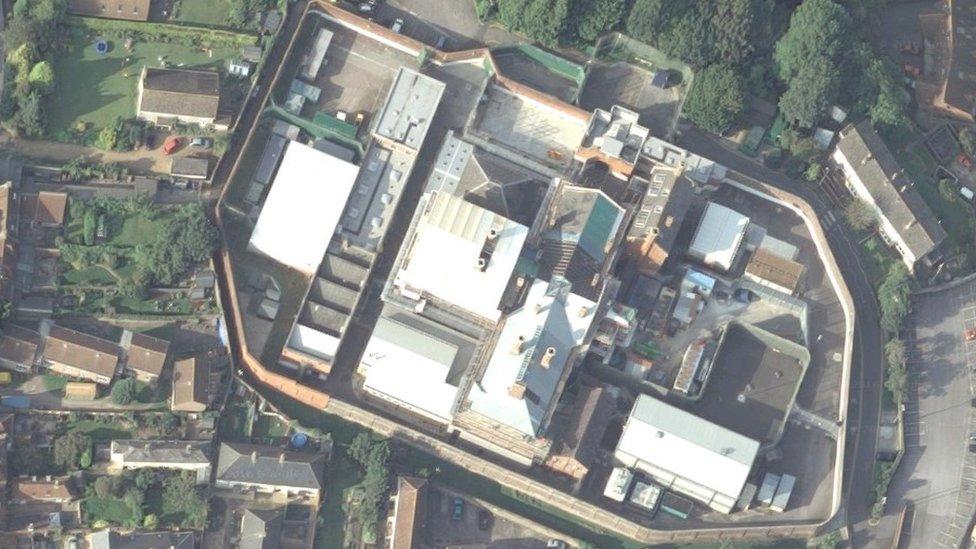
It is believed Martha Brown, the last woman to be publicly hanged in Dorset, is buried at the site
Permission has been granted to exhume bodies buried at a former prison ahead of plans to build 200 homes at the site.
The Bishop of Salisbury has given developer City and Country consent to remove bodies buried on consecrated land at HMP Dorchester.
It is thought the last woman to be hanged in Dorset is buried at the site.
Oscar-winning screenwriter Julian Fellowes previously led calls for all bodies at the site to be exhumed.
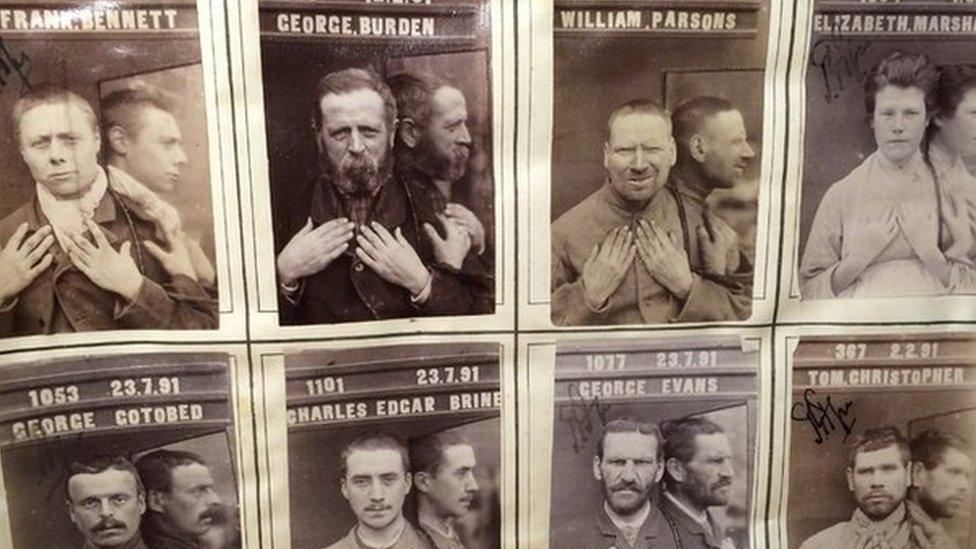
Archives show some of the Victorian prisoners incarcerated at Dorchester
City and Country has the go-ahead to build on the site but admitted in August a "lack of resources" had led to a delay.
It must now apply for an exhumation licence from the Secretary of State before any bodies can be removed.
However, the developer has not yet said how many bodies it plans to remove from the former prison, which closed in 2013.
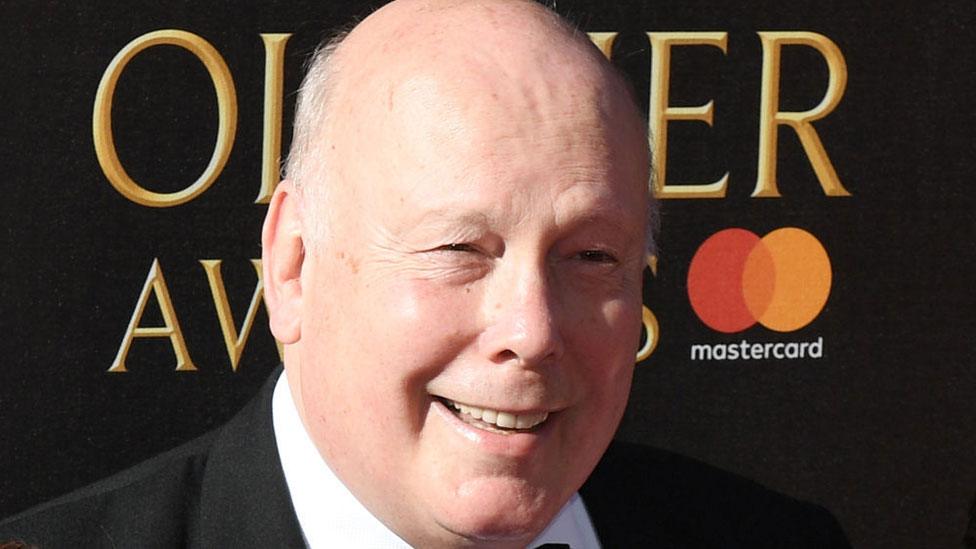
Dorset resident Julian Fellowes has previously led calls for all bodies at the site to be exhumed
It is believed Martha Brown, the last woman to be hanged in Dorset, is among former inmates buried at the site.
Her execution was witnessed by the author Thomas Hardy and was said to have inspired his novel Tess of the d'Urbervilles.
A spokesman for the Diocese of Salisbury previously said any recovered bodies would be given "a proper Christian reinternment" at Poundbury Cemetery.
- Published7 November 2018

- Published13 August 2018

- Published23 March 2018
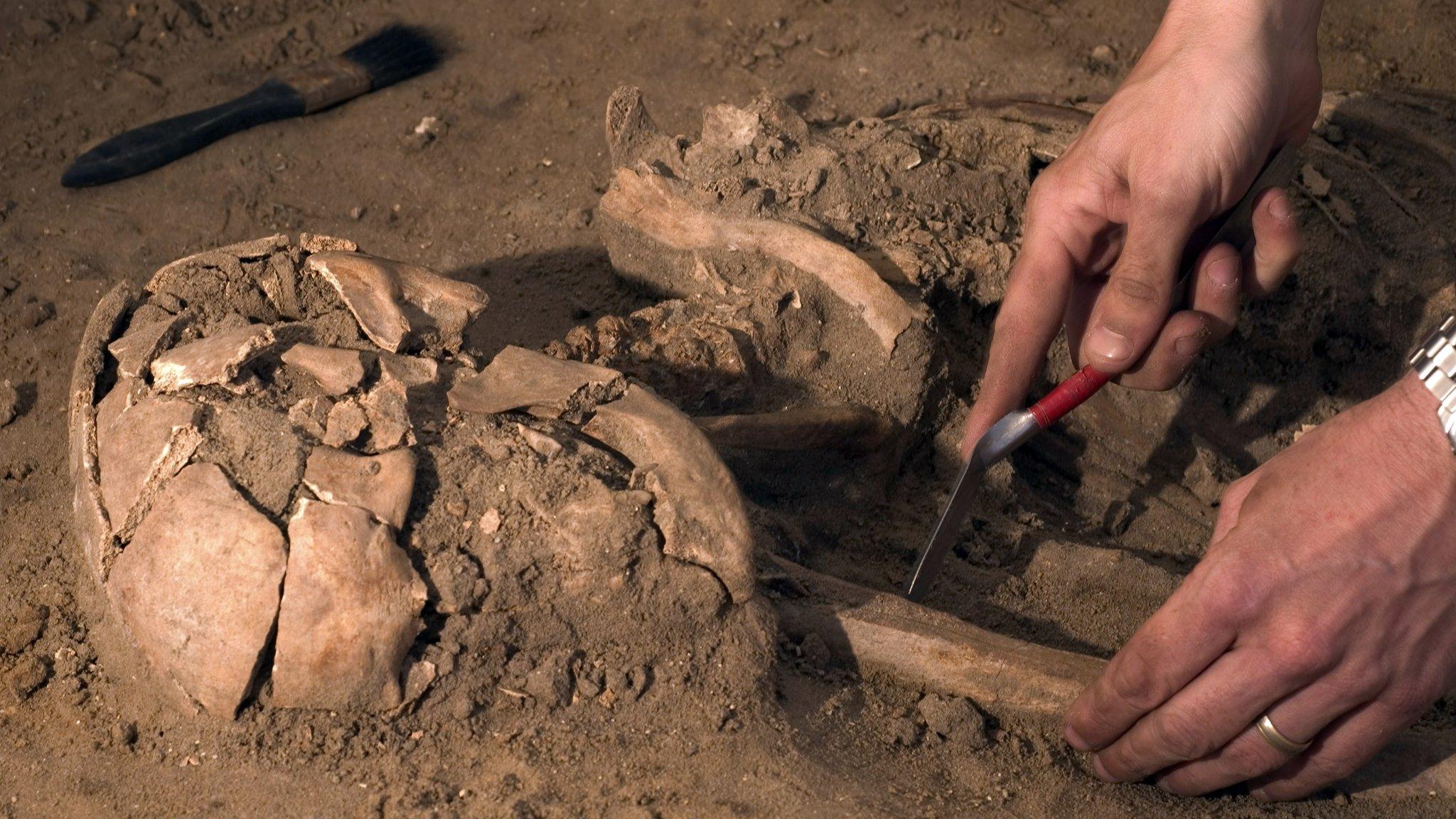
- Published8 May 2017

- Published17 February 2017
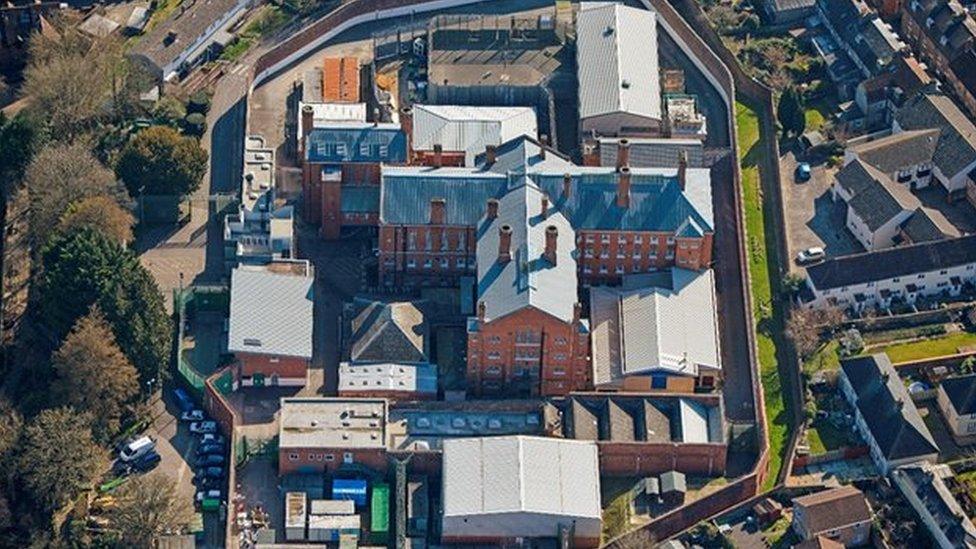
- Published16 February 2017

- Published25 May 2016
